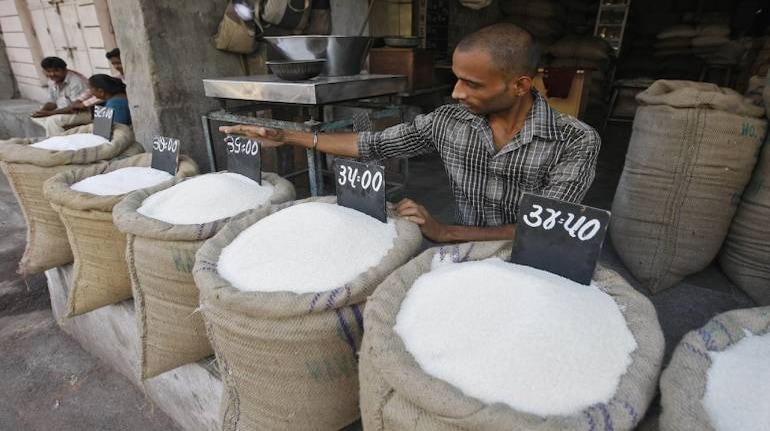










The non-basmati white rice was placed in the “prohibited” category by the Central Government on July 20 after amending the rice export regulations. Trade agreements to sell almost two million metric tonnes of the grain, worth $1 billion, would be cancelled as a result of India’s decision to forbid the export of non-basmati white rice.
India, which exports 40% of the world’s rice, put a halt to its main rice export category in an effort to stabilise local prices, which have recently risen to multi-year highs as unpredictable weather threatens supply.
Panic purchasing has occurred among the Indian diaspora and other Asian communities around the US as a result of the prohibition on the export of non-basmati white rice. All varieties of rice including basmati were sold out in a few hours on July 21.
Thousands of Indians living in the United States and Canada are lining up at grocery stores and retail chains to buy rice stocks.
According to reports in the US, rice bags of all varieties flew off the shelves as anxious Asian communities, for whom rice is a staple, thronged the stores. Unable to meet the panic demand, the owner of a store stocking Indian products in Mason Town in Ohio State enforced rationing by asking customers to restrict their purchase to one 20-pound bag (9.07 kg) of ordinary white rice per head, costing $24.
The North American market, which includes the US and Canada, imported 64,330 tonnes of non-basmati rice from India in 2022-23. The two major diaspora markets of Gulf countries and Europe imported 6.95 lakh tonnes and 73,000 tonnes, respectively, from India last year. Overall, India exported 17.78 million tonnes of non-basmati rice in 2022-23 as against 17.26 mt in the previous year.









